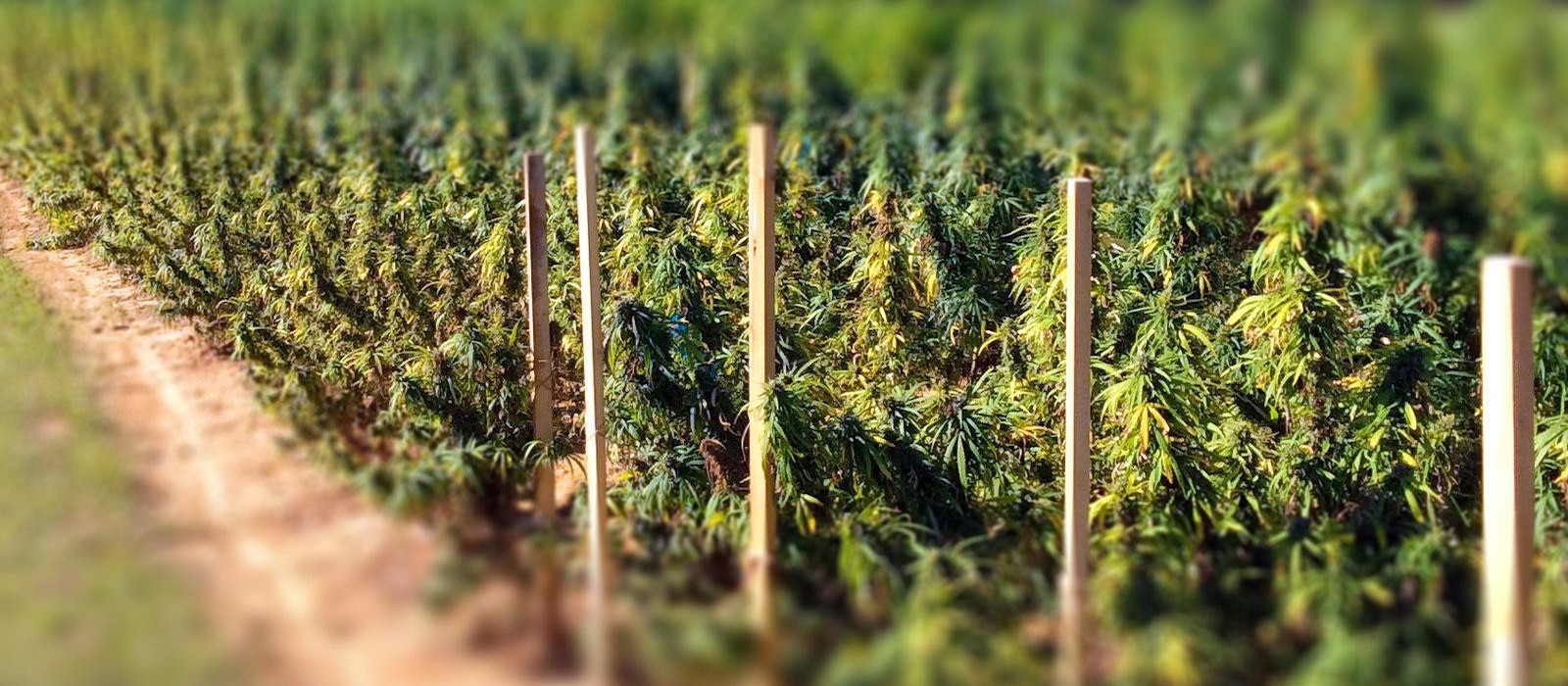- Following the failed 2012 measures, the Dutch Government has tabled a new proposal to regulate cannabis cultivation and sale.
- The project includes plans to allow the cultivation of recreational cannabis in 10 municipalities, a process that will be monitored by the local authorities.
- The produce will be delivered to coffee shops for sale to residents, a commercial restriction that still applies.

Gone are the times when cannabists from across the world travelled to the Netherlands for a carefree smoke in cities like Amsterdam. Concerned by the menacing shadow of cannabis tourism, the local authorities decided to take a stand and introduced the Weed Pass in 2012. As a result, traditional Dutch coffee shops were no longer allowed to sell cannabis to tourists, just to residents living in the city.
Over the years, though, the measure has proven ineffective, even counterproductive, to the point that some cities have been exempted from compliance with the regulation as long as smoking does not occur in the vicinity of schools. In Amsterdam, for instance, coffee shops seemed bound to disappear and, yet, they're still up and running. Contrary to all expectations, the Weed Pass has not only failed to reduce consumption, but it has also fuelled the black market - the only way left for coffee shops to stock up.
A new scenario that is completely different to the one envisaged by the Government when the Weed Pass was first introduced. In recent months, riots have broken out in coffee shops across the country, even shootings, all on account of a contradictory law that allows the sale of cannabis at coffee shops while harshly punishing cultivation and distribution.

A further problem is the increasing number of complaints about the noise and smell associated to street smoking. Such is the general unrest that smoking has already been banned from some cities. One of them is The Hague, the first Dutch city to have banned cannabis from the city centre, the central railway station and major shopping areas.
A necessary change of direction
In an effort to tackle this complex situation, Justice Minister, Ferdinand Grapperhaus, and Health Minister, Bruno Bruins, have outlined a plan to trial the cultivation of cannabis for four years with a view to regulating the entire supply chain, from cultivation to distribution and sale.
Conceived as a pilot project, the plan has already been approved by the Executive and will allow the cultivation of cannabis for recreational purposes in ten Dutch municipalities. The document envisages that a specially-appointed commission will decide on preliminary aspects including the monitoring method, after which the Justice and Health Ministers will announce the selected municipalities. Surprisingly, several big cities including Rotterdam have shown interest in taking part in the trial.

According to the roadmap, once the cultivation areas are designated and the first plants are harvested, the produce will be delivered to cannabis coffee-shops for sale across the country. The trial will run for four years and will be then discontinued for assessing the impact of both the cultivation and the distribution and sale measures.
That said, there are still a few loose ends to tie up, as coffee shops are only allowed to store up to 500 grams of cannabis, failing to meet the existing demand, particularly in major tourist areas. So, until the cultivation of recreational cannabis is given the final go-ahead and the regulation comes in to force, this and other questions regarding possible amendments to the current home cultivation scheme shall remain unanswered. As for now, an adult may grow up to five plants provided they don't exceed one metre in height.
In 2016, the Democrats 66 party - in opposition back then and part of the Dutch coalition government at present - had already introduced a bill aimed at regulating the cultivation of cannabis. The idea was to license registered growers so that they could grow in bulk and sell their produce to coffee shops in their localities, all of which under close monitoring and subjecting the marketed varieties to rigorous analysis for information on their THC and CBD content.

That bill was unsuccessful, but now it seems the right time to revisit the issue. With this in mind, the aim of Mark Rutte's Government is to repair the harm caused by cannabis prohibition and to create a legal chain of coffee-shops where all the aspects of recreational cannabis, from cultivation to transport and sale, are perfectly regulated.
Such is the importance of the issue for the ministers behind it, that they aim much higher than just creating a legal network for the sale of cannabis, for them it is about "protecting human rights". For now, we can only hope that this new measure can finally put the Dutch cannabis policy back on track.



Comments from our readers
Are there limitations that restrict from growing 5 plants at home? Would a hydroponic system, grow tent, fans ... be considered as an illegal way of growing cannabis
Hello,
We advise you to check for legal updates from the government regarding the status of cannabis cultivation; in order to comply with the legislation of the country.
Best regards
Did you like this post?
Your opinion about our seeds is very important to us and can help other users a lot (your email address won't be made public).